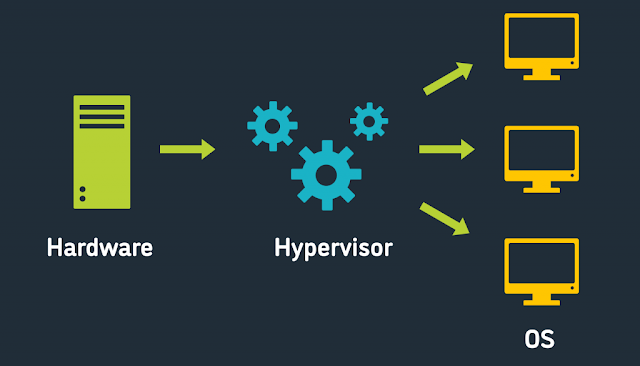Virtualization and Hypervisors for Small Business

In recent years, virtualization has become an increasingly popular technology for businesses of all sizes. Essentially, virtualization allows you to create multiple virtual machines (VMs) that can run different operating systems and applications on a single physical server. This can be incredibly beneficial for small businesses, as it allows them to make better use of their resources, reduce costs, and improve overall efficiency. At the heart of virtualization is the hypervisor , which is the software that manages the VMs and allows them to run on a single physical server. There are two main types of hypervisors: Type 1 and Type 2. Type 1 hypervisors, also known as bare-metal hypervisors, run directly on the host's hardware, allowing them to provide excellent performance and stability. They are typically used in enterprise-level data centers, but they can also be used by small businesses that require high performance and reliability. Type 2 hypervisors, on the other hand, run





